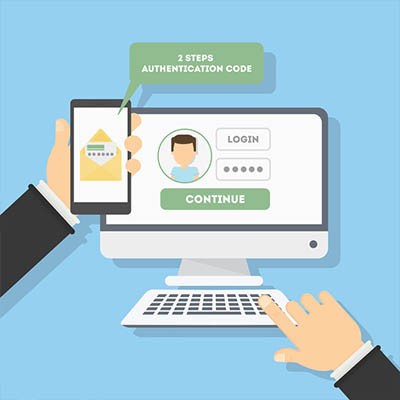Home
About Us
IT Services
Understanding IT
- Understanding General Data Protection Regulation Compliance
- Understanding Automation
- Understanding Ransomware
- Understanding Shadow IT
- Understanding Your Virtual Identity
- Understanding the Modern Office
- IT Threat Glossary
- Understanding Business Continuity
- Understanding Windows 10
- Windows Server 2003: End of Life
- Understanding the Internet of Things
- Understanding Network Security
- Understanding SOX
- Understanding BYOD
- Understanding PCI DSS
- Windows XP End of Life
- Understanding HIPAA
- Cloud Computing
News
Blog
Support
Contact Us
(713) 979-2090

- Home
- About Us
- IT Services
- Understanding IT
- Understanding General Data Protection Regulation Compliance
- Understanding Automation
- Understanding Ransomware
- Understanding Shadow IT
- Understanding Your Virtual Identity
- Understanding the Modern Office
- IT Threat Glossary
- Understanding Business Continuity
- Understanding Windows 10
- Windows Server 2003: End of Life
- Understanding the Internet of Things
- Understanding Network Security
- Understanding SOX
- Understanding BYOD
- Understanding PCI DSS
- Windows XP End of Life
- Understanding HIPAA
- Cloud Computing
- News
- Blog
- Support
- Contact Us
- (713) 979-2090
- Register
- Login
Zinc Blog
Intro to Your Tech: Authentication
Authentication is something that even the everyday user of a computer might encounter in different ways. Take, for example, identity authentication. You can use a driver’s license, library card, or even a PIN number. Computers use authentication as a part of their main primary functionality, and it mostly comes in the form of passwords and usernames. We’ll take a closer look into what authentication is and what it does.
Authentication vs Authorization
Authentication is basically the act of saying “Yes, I am who I say I am.” While the two are often considered the same, they are slightly different. Authorization is more along the lines of confirming an identity to access information or materials. In fact, the act of authorization cannot actually occur without authentication happening.
How Authentication Works
A user will provide their credentials, which are then cross-referenced with the credentials that the system has stored in a database. If the credentials match, the user is granted authorization to access the system. Depending on the identity associated with these credentials, authorization can be granted at a variety of levels. For example, management will often have more privileges within their network due to the role they play within an organization.
Two-Factor Authentication
In an effort to improve security, many organizations have turned to a method called two-factor authentication, or 2FA for short. 2FA adds an extra layer of security to accounts that would ordinarily only need a username or password. This code is typically delivered to the user via email, application, or a text message whenever they try to access an account protected by 2FA. The code is one-time, so it will always change upon further login attempts. This creates a situation where accounts can only be accessed if the user has access to the other account associated with the 2FA settings defined by the user, securing them from hackers who don’t have access to both. This is the reason why 2FA is so widely used in the business world.
If your business could use a secondary layer of security (hint: it can!), Zinc can help. To learn more, reach out to us at (713) 979-2090.
About the author
Zinc has been serving the Texas area since 2017, providing IT Support such as technical helpdesk support, computer support, and consulting to small and medium-sized businesses.
- You are here:
- Home /
- Blog /
- Zinc IT Team /
- Powerful Technology Can Help Build Dynamic Business

Comments